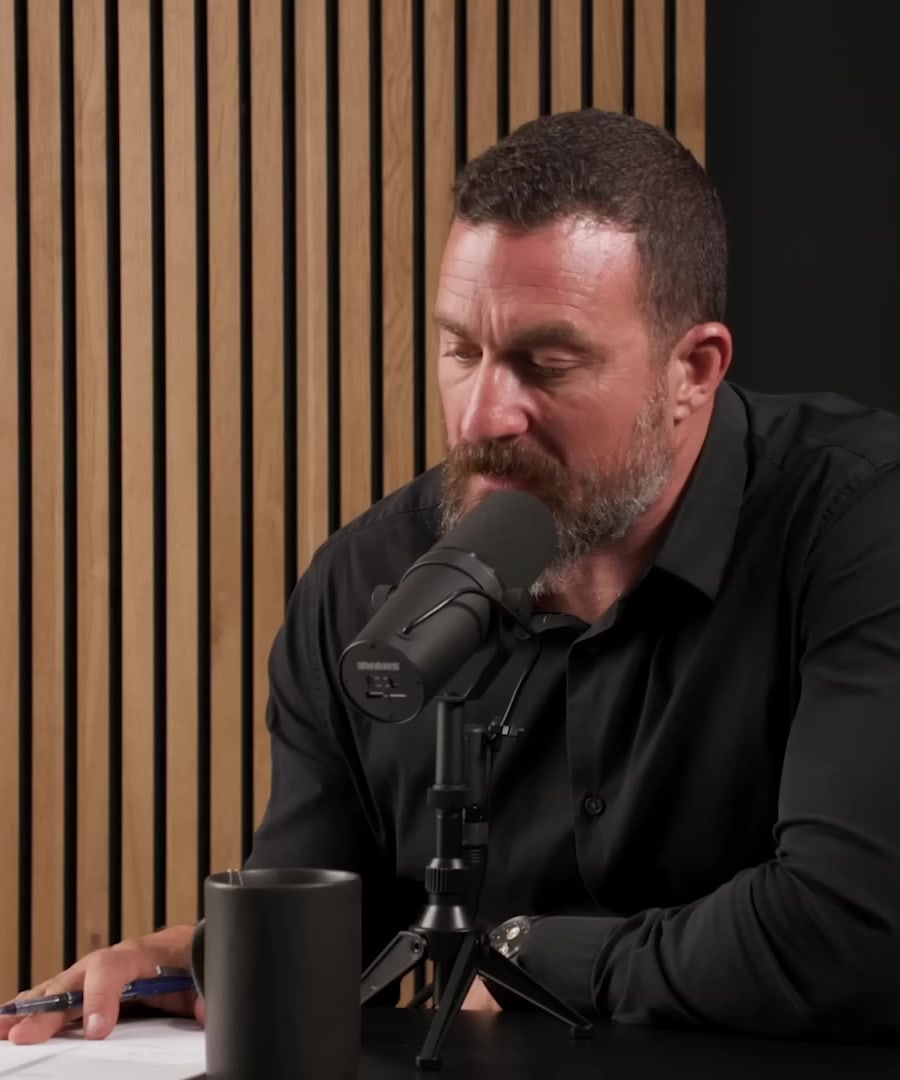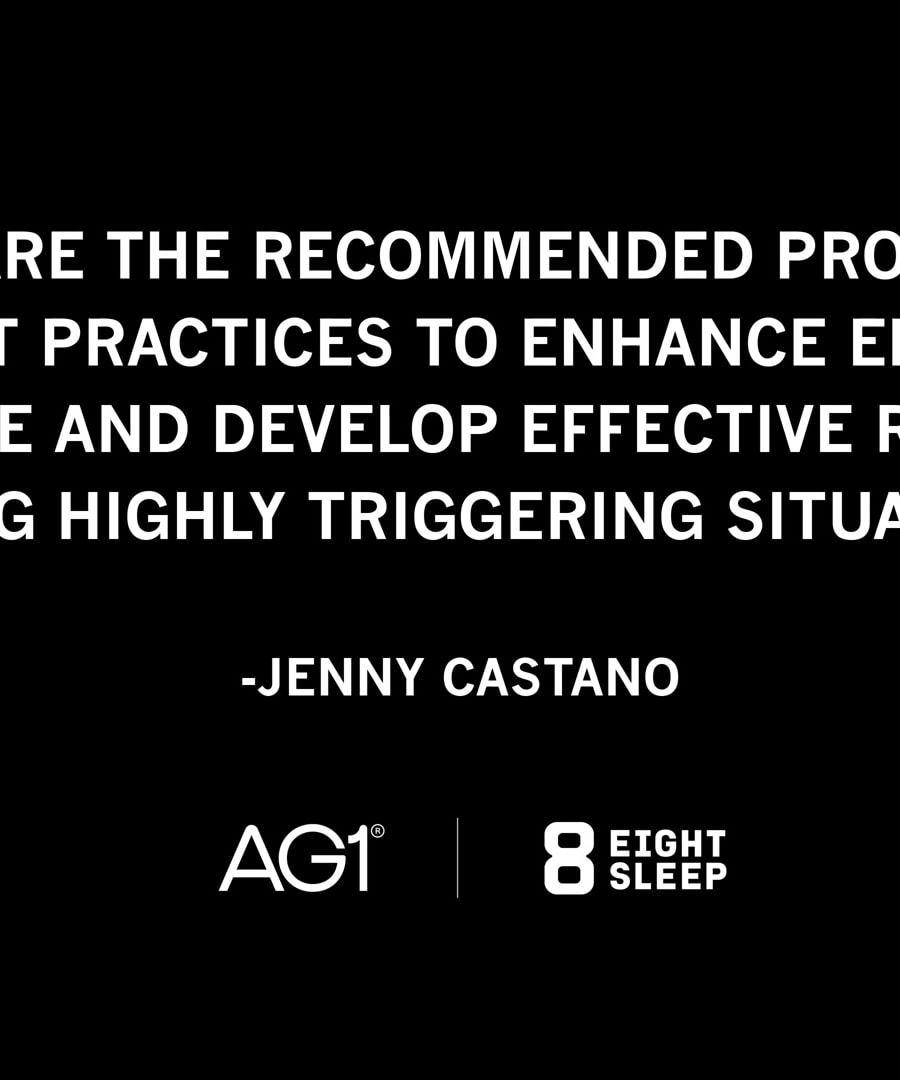I hated most people, now I'm trying to like them again but I just can't. And I feel lonely
Sources:
I'm sorry to hear you're feeling this way. has discussed the challenge of reconnecting with others and addressing loneliness several times on the .
-
Finding Inner Connection: spoke about the importance of spending time alone to reconnect with oneself. By engaging in activities that absorb your attention, like drawing or taking a walk, you can tap into your inner resources. This helps alleviate loneliness by fostering a sense of purpose and wholeness within yourself 1.
-
The Isolation Crisis: Vivek Murthy described the widespread issue of loneliness and its severe mental and physical health impacts, including increased risks of depression, anxiety, and even heart disease. He emphasized that recognizing and addressing the stigma around loneliness is crucial and that building connections—even simple ones—can significantly improve well-being 2.
-
The Power of Social Interactions: Regular social interactions are vital for emotional support and mental health. They release important chemicals like dopamine and oxytocin, which provide reinforcement and energy for other activities. This evolutionary trait helps us feel good, connected, and supported 3.
Exploring activities that help you reconnect with yourself might be a helpful starting point. Engaging in small, regular social interactions can also incrementally rebuild your comfort with others and enhance your emotional resilience.
RELATED QUESTIONS-
How to enhance my emotional resilience when only interacting with a few people for a time period
Sources:
Enhancing emotional resilience with limited social interaction can be challenging but achievable. provides practical advice to help build resilience.
-
Understand Your Nervous System: Recognizing how your nervous system reacts under stress can be crucial. Learning to regulate your responses, especially in triggering situations, is vital. Self-care practices like maintaining good sleep, engaging in morning routines, and using techniques like physiological sighs can help 1.
-
Quality Over Quantity in Social Interactions: Focus on limiting interactions that cause stress and instead engage more with those that uplift you. Identifying which social interactions are beneficial and which are taxing can help you conserve emotional and mental energy. Positive interactions, whether with people or even pets, can help regulate your nervous system and improve mood 2.
-
Self-Care Practices: These practices are essential for emotional resilience. This includes ensuring adequate sleep, having a morning routine, and engaging in physical activities that help stabilize your nervous system 1.
Implementing these strategies can help you manage your emotions and build resilience, even with limited social interactions.
RELATED QUESTIONS-
Decrease in emotional and mental energy resulting in health problems
Sources:
Decreased emotional and mental energy can significantly impact your health, often leading to symptoms associated with depression. discusses how major depressive states affect multiple levels of our well-being.
-
Appetite and Hormones:
- Depression can disrupt key appetite-regulating hormones like hypocretin, orexin, and ghrelin, leading to decreased motivation to eat or altered hunger cues 1.
-
Sleep Disruptions:
- Sleep is often disturbed, which creates additional challenges during waking hours. This includes difficulty falling back to sleep and shifts in cortisol levels (a stress hormone), particularly an unusual evening peak that further disturbs sleep patterns 1.
-
Emotional Symptoms:
- Depressive states involve a reduced general excitement, grief, guilt, and crying. Additionally, there is often a coexistence of lethargy and anxiety, which compounds the emotional burden and creates further mental exhaustion 1.
Understanding these impacts highlights the importance of addressing both biological and psychological factors to maintain health and manage the drop in emotional and mental energy.
RELATED QUESTIONS-
I hated most people, now I'm trying to like them again but I just can't. And I feel lonely
- RELATED QUESTIONS
How to enhance my emotional resilience when only interacting with a few people for a time period
- RELATED QUESTIONS
Decrease in emotional and mental energy resulting in health problems
- RELATED QUESTIONS





